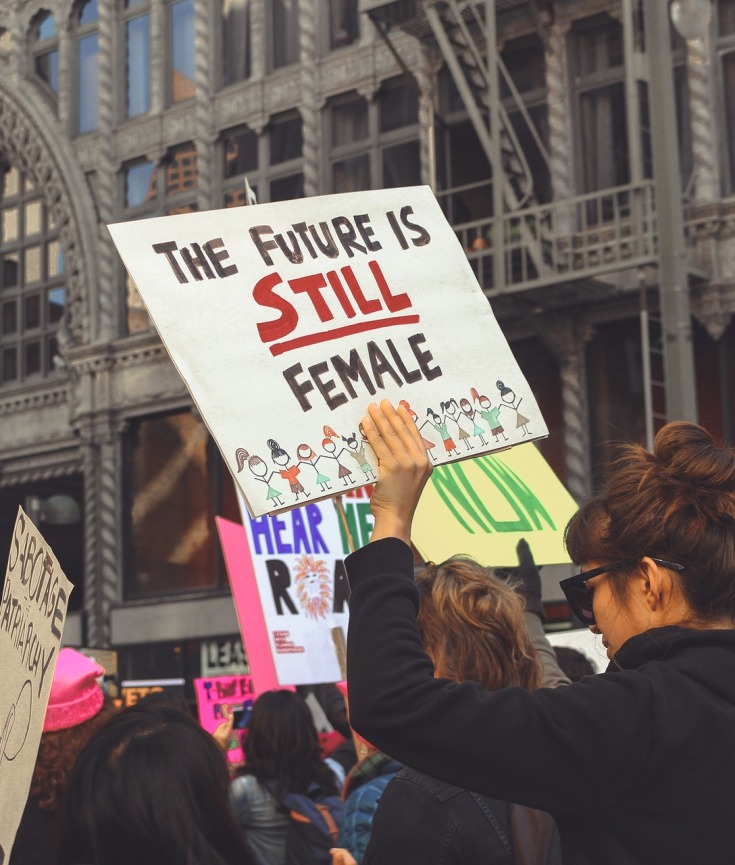Spending 12 hours a day with two old-world Macedonian’s as a small child is a pretty interesting upbringing. I heard nothing but Macedonian folk music, watched nothing but Macedonian war movies on VCR and was taught nothing but the history of my family from “back home” (as well as a plethora of things far too inappropriate for a small child to hear). It is hard to remember all of the stories my grandparents told me, but one that I think about quite often is a story about my grandfather’s aunt Stojna.
My great-great aunt Stojna was a brave and courageous woman who loved her family more than she loved herself. To say that Stojna was a hero would not be giving her the proper credit that she deserves. In the mid-1800’s, during a time when Macedonia was under the rule of the Ottoman empire, Stojna was a 20-year old woman living in a small village in Macedonia. Word had gotten around in her village that the local Ottoman chief was interested in her younger sister and wanted to kidnap her to make her his child bride. Stojna made the decision that even though this Ottoman chief was stronger, larger and wealthier than her family, she had no choice but to save her sister from that fate.
Stojna coerced the chief into a stable by telling him that one of the horses was sick. While he was distracted by the horse, she quickly grabbed the horse’s heavy iron comb from a nearby beam and smashed in his skull until he was dead. Verifying he was no longer alive, she hid his body underneath a pile of hay. Stojna realized that as soon as the other Ottoman soldiers found the mangled body of their Chief in her barn, neither she nor her sister would be safe. She quickly got all of the money she had saved to hire a horse-drawn wagon that could take her sister to Bulgaria where she could start a new life.
Eventually, the body of the Chief was found by the soldiers as she feared. They tortured Stojna by sticking scorching hot iron rods all over her body in the hopes that she would cave in and give up the location of her sister and confess to the murder. Even after twenty hours of torture, she didn’t give anything up and they eventually freed her. Stojna was never the same, her youth disrupted, her beauty mangled…but she saved her sister from a fate worse than death.
Although I was only six or seven when I first heard this story, its importance stuck with me. Even as a small child, I knew that during this time women were not expected to do brave acts. This story not only sparked my early curiosity for feminism, but it was also at this point in my life that I knew life isn’t about what you’re supposed to do, it’s what you have to do. My great-great aunt Stojna was a fearless feminist of her time who did not wait on a man to save her sister from a life of forced wedlock. She took matters into her own hands and did what she had to do.
Her story – being fearless despite every natural fear she had and breaking the gender “norms” of her day – makes me want to be the Stojna of my generation.
-Daniela Sarafov

